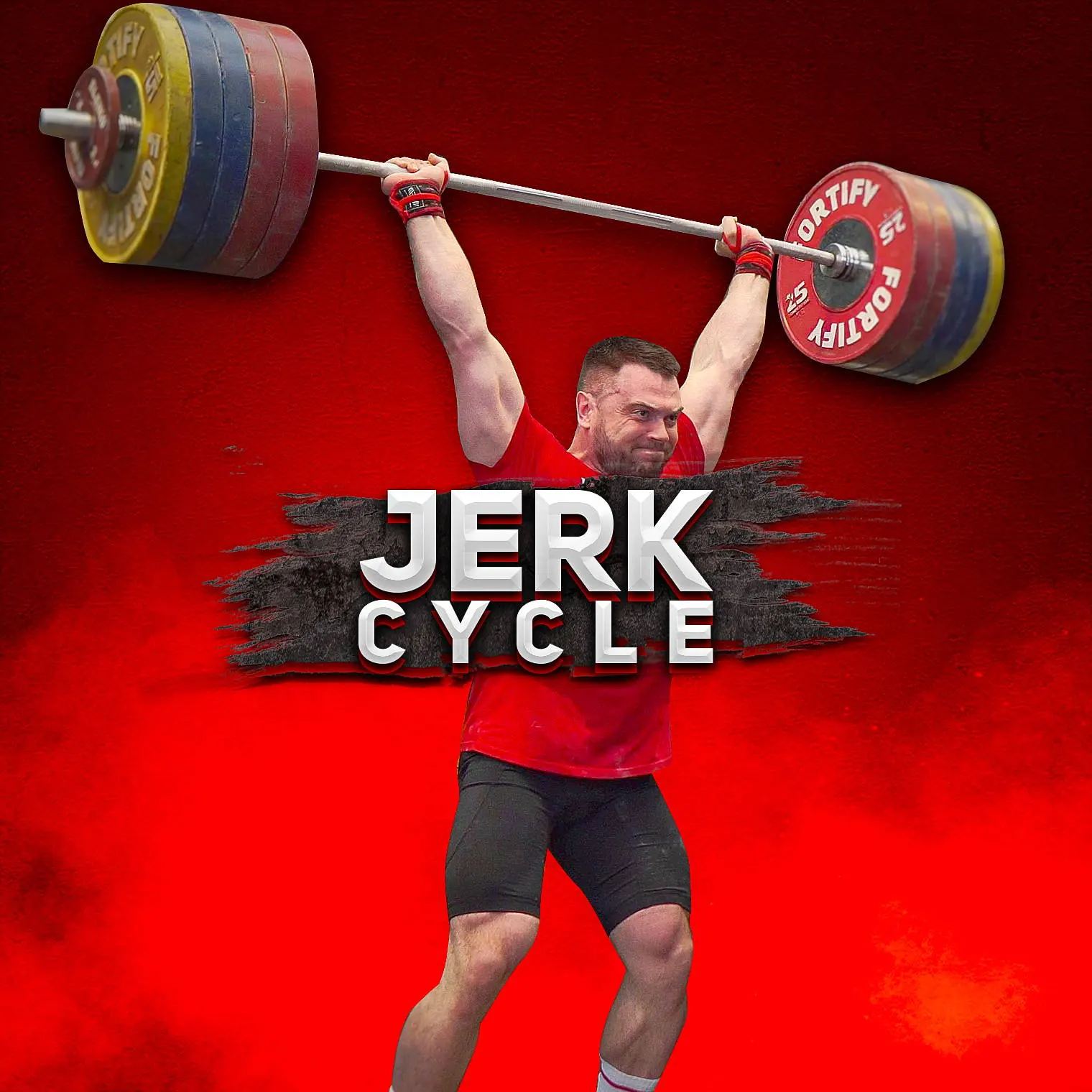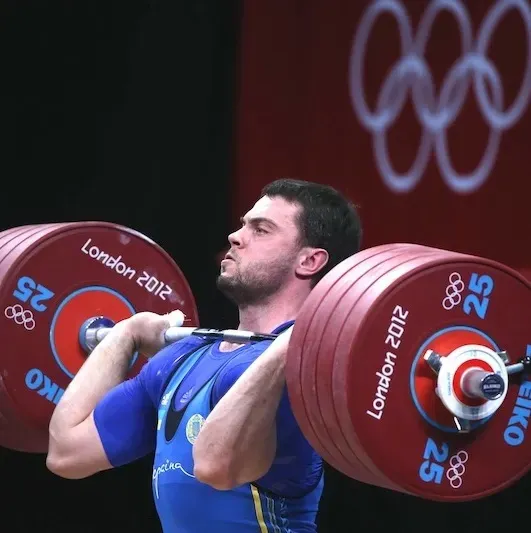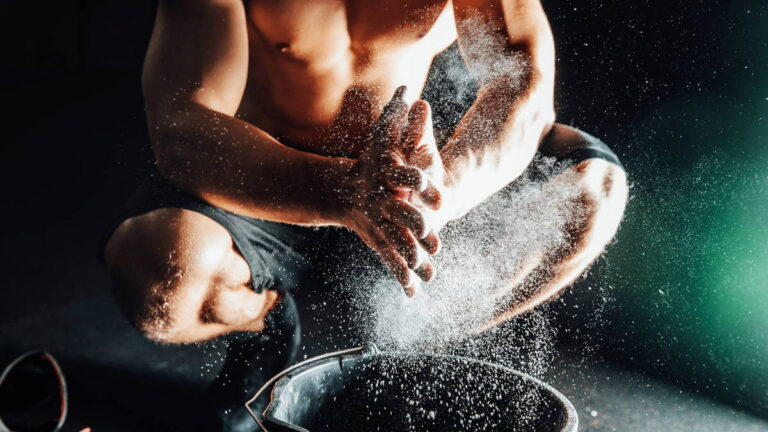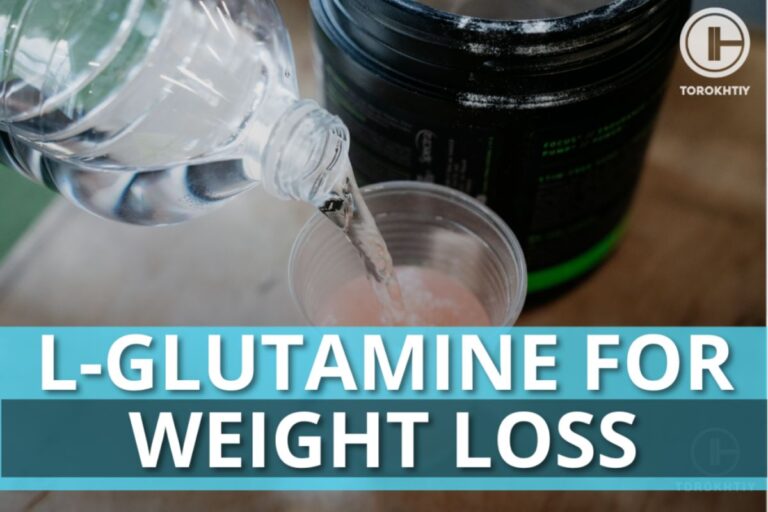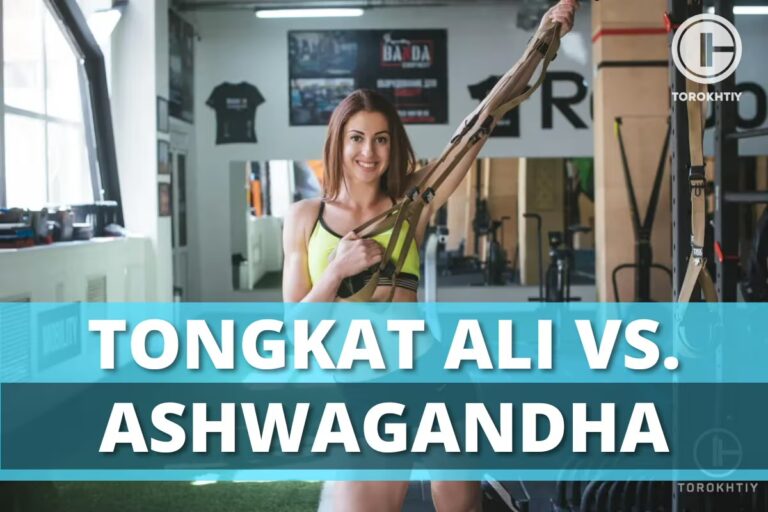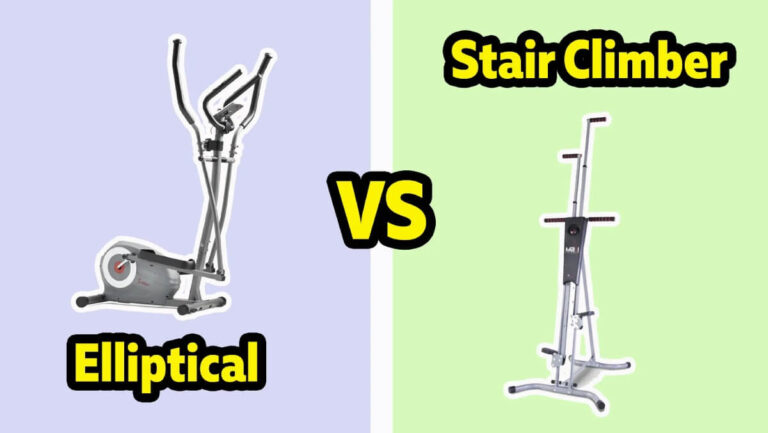Wrists Position in Jerk
At one of the first seminars during the explanation of positions at fixating in jerk, I was asked the following question: in what position should the wrist be at the moment of fixation? Honestly, I had never thought about that. Let’s think it over in this article.
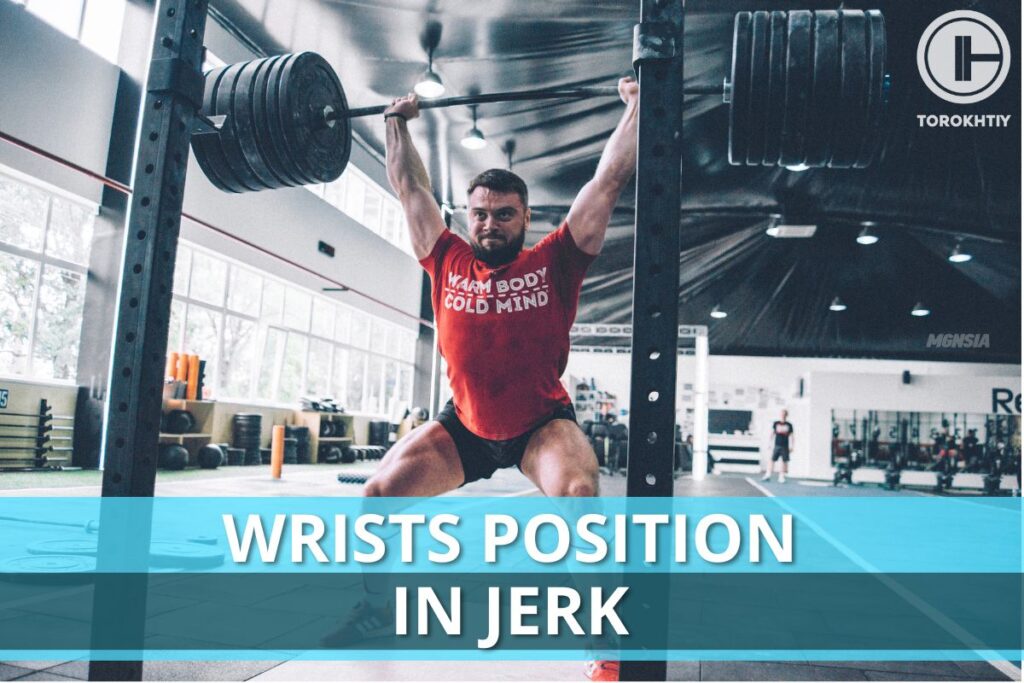
The wrist, as part of the hand and the entire system, performs a number of important functions:
- Ensuring control – an athlete must be able to hold the barbell as much as necessary and eliminate any hand fluctuations and the entire biomechanical system as a whole;
- Barbell retention – an athlete must be able to secure a stable position that does not cause painful or traumatic sensations.
A large number of my teammates often had problems with discomfort in wrists when holding the barbell over their heads. In most cases, this was due to poor shoulders and chest mobility and due to a number of other reasons. Trying to find a solution to this problem, many of them were using boxing wraps. These days you can find a more rational solution – wrist wraps.
They provide a certain kind of fixation and support of the wrists during the snatch and jerk. For many athletes, this is also a powerful psychological factor, so if it really helps someone to lift more, then why not.
While watching the TOP-athletes’ trainings and competitions we can see at least 3 types of wrists positions with a barbell above their heads. You can read many discussions and opinions online regarding this topic.
I have often heard that there is a recommendation to place the wrist as vertically as possible and even with the neck shifted slightly forward (option 1). On this occasion various arguments were expressed, but I have never seen athletes lifting really heavy weights being able to hold the wrists in that position. As practice shows, as soon as the barbell becomes heavier, the wrist drops back a little.
I am against the maximum vertical position for two reasons:
- In the vertical wrist position, the ligaments are less tight and the muscles are more relaxed, which means that the hand is more mobile and unstable;
- In the vertical wrist position, the barbell is physically located further from the joint, that is, the whole arm structure is longer, and therefore less stable.
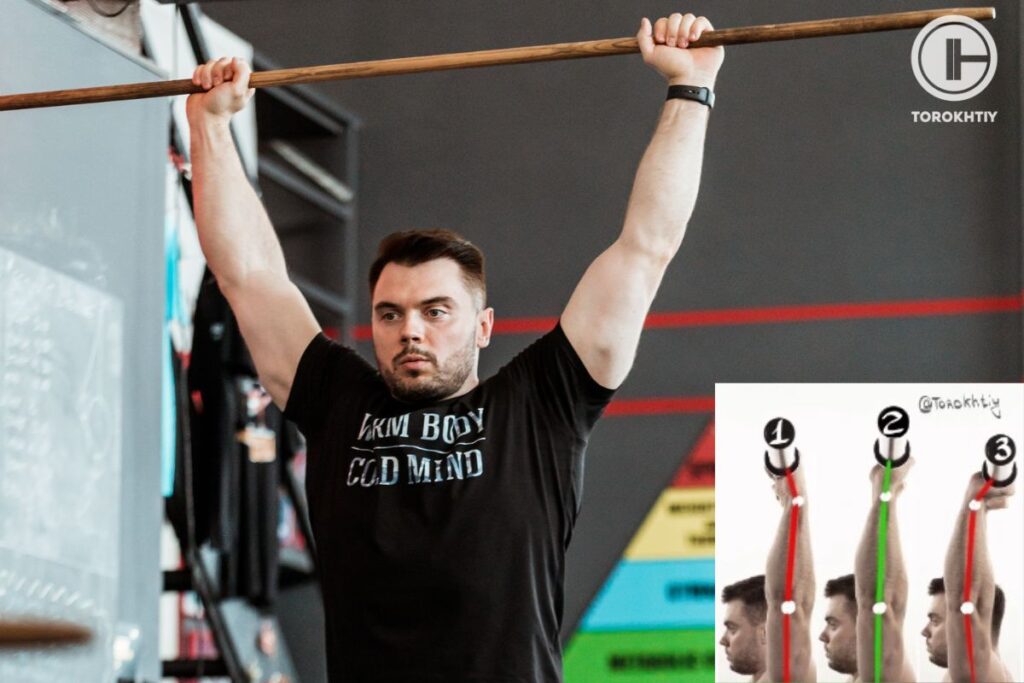
Position 2 and 3 are most common. Fixation 3 used to be popular in the 80s, but even now a sufficiently large number of athletes hold the barbell this way.
In what position it is necessary to put the wrist so that it performs its task as efficiently as possible?
- The barbell in the palm of your hand must be positioned so that it presses the forearm slightly behind the midline of the body.
- The wrist should be almost flat, but not completely.
- The lower part of the palm should be pointed ahead and up at 45 °.
My first trainer taught us to find the correct wrist position in the following way: we raised the neck above the head and completely opened our fingers – the main task was to find such a wrist position and bar in it so that there was full balance.
🔻JERK CYCLE
Crush Your Jerk PR in 5 Weeks! 🏋️
🔥 Achieve:
- New Jerk Records
- Overhead Strength
- Core Power
- Powerful Leg Drive
- Laser-Focused Technique
💪 Highlights:
- 5 Days / Week
- Varied Lifts
- Strength & Technique
- Healthy Warm-Ups
25 workouts, 50+ exercises, and your best Jerk ever! Join JERK CYCLE now! 💥💪
NOTE: I also propose to remember that there is always an individual aspect of each athlete’s anatomy and the incorrect wrist position may be due to the limited mobility of anything or the result of the pressure of the limiting weight on them.
Summarizing this short article, my advice to athletes is the following: before starting thinking about how to make wrists stronger, pay attention to the mechanics of movement, positions, flexibility and mobility, do not forget about warm-up and hitch. Wish you all a powerful clean & jerk and catch my favorite exercise to strengthen the wrists!
Train Together –Train Right!
Why Trust Us?
With over 20 years in Olympic Weightlifting, our team does its best to provide the audience with ultimate support and meet the needs and requirements of advanced athletes and professional lifters, as well as people who strive to open new opportunities and develop their physical capabilities with us.
By trusting the recommendations of our certified experts in coaching, nutrition, dietology, and sports training programming, as well as scientific consultants, and physiotherapists, we provide you with thorough, well-considered, and scientifically proven content. All the information given in the articles concerning workout programming, separate exercises, and athletic performance, in general, is based on verified data. We ensure that you can rely on our professionals’ pieces of advice and recommendations that can be treated as personalized ones which will benefit you and fully meet your needs.
The product testing process is described in more detail here
Author: Oleksiy Torokhtiy
Olympic Weightlifting Champion
Best Results: Snatch – 200 kg,
C&J – 240 kg
Oleksiy Torokhtiy is a professional athlete boasting 20 years of experience in Olympic weightlifting. With multiple European and World titles under his belt, he has showcased his prowess in two Olympic Games (Beijing 2008 and London 2012). Upon concluding his illustrious career, Oleksiy dedicated himself to coaching. By 2022, he had conducted over 200 weightlifting seminars worldwide. He is the visionary behind an international sportswear and accessories brand known for its motto, “Warm Body Cold Mind.” Additionally, he is an esteemed author and the creator of a series of training programs and eBooks.

